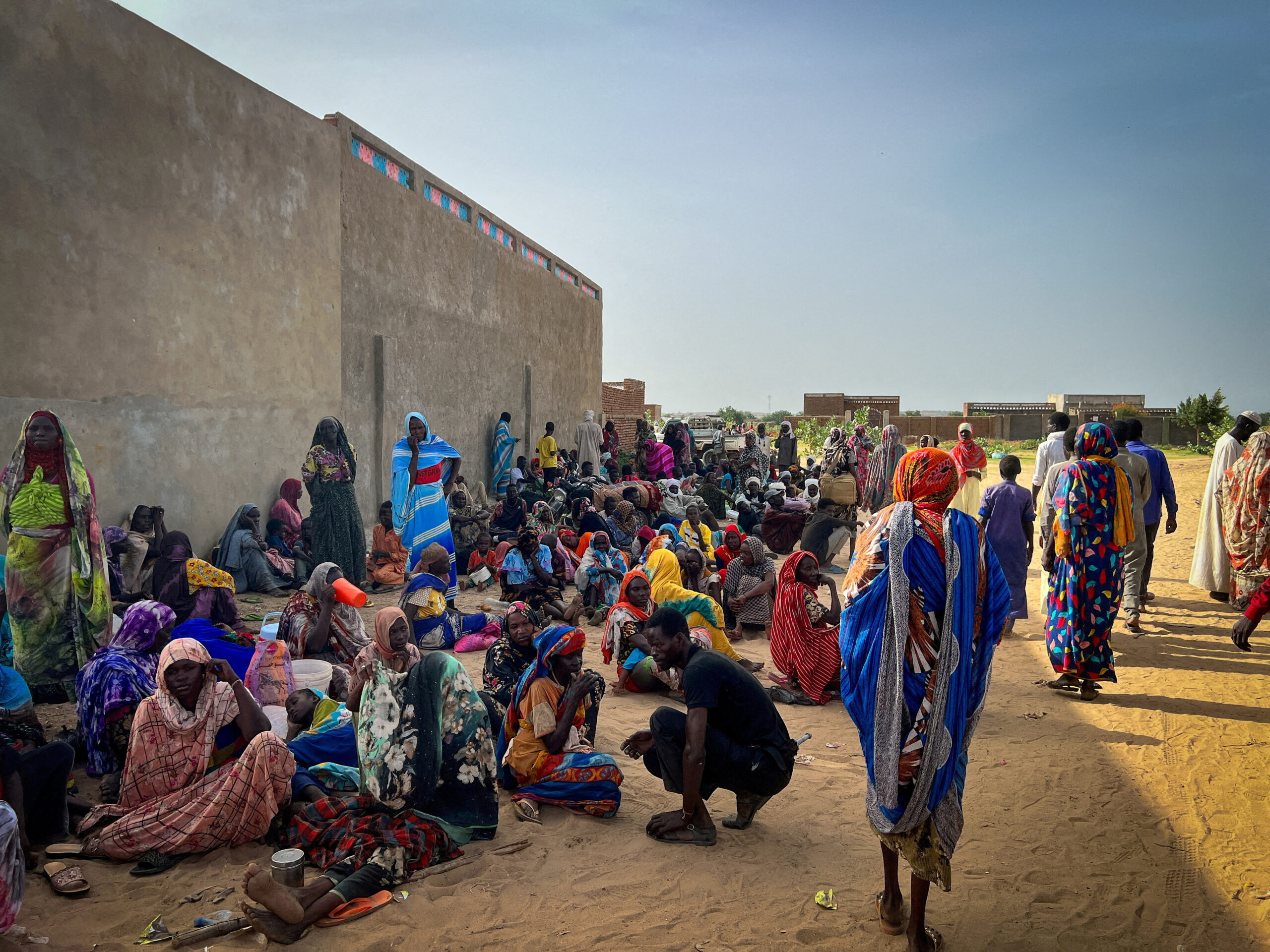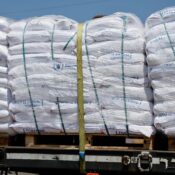
A top US ambassador believes there is starvation in parts of Sudan, though it’s unclear how bad it is
A senior U.S. ambassador declared on Tuesday that there is famine in some parts of Sudan, but it was unclear how severe the hunger was over 14 months into the army and paramilitary Rapid Support Forces (RSF) conflict.
According to Tom Perriello, the U.S. special envoy to Sudan, “I think we know we are in famine,” he said. “I think the question is how much famine, how much of the country, and for how long.”
There has been no official announcement of famine in Sudan.
A sophisticated system of technical standards called the Integrated Food Security Phase Classification (IPC), developed by relief organizations, regional organizations, and U.N. agencies, is used to identify famines. They consist of extremely high rates of death and malnutrition.
In late May, U.N. agencies issued a warning, citing a “imminent risk of famine” and the extreme hunger of approximately 18 million people in Sudan, including 3.6 million severely malnourished children.
According to an IPC estimate from March, around five million people in Sudan were in danger of starvation.
According to Reuters, some people have been forced to eat mud and leaves in order to survive the fight. In the upcoming weeks, the IPC in Sudan is anticipated to release an update.
Perriello added that Sudan was an example of “man-made” famine, with both warring parties sharing responsibility, and that the primary barrier to declaring famine was a lack of data resulting from the impact of the fighting.
“If you look back over the last year, it’s the RSF for burning all the crops and looting all the warehouses,” Perriello stated. “But it is definitely SAF (the Sudanese Armed Forces) right now playing games with border access, cross-line access, and allowing their people to die.”
The RSF and the army have both denied obstructing humanitarian aid.
The world’s worst displacement catastrophe resulted from the battle that began in April 2023 in the capital city of Khartoum and swiftly spread, unleashing ethnic slaughter in the western Darfur region and driving millions of people from their homes.
Thus far, diplomatic attempts to resurrect ceasefire negotiations have failed, since the army has refused to engage in talks.
According to Perriello, there has been a “substantial elevation of urgency” on a global scale on the necessity to resolve the Sudanese crisis.
“But we haven’t yet reached the inflection point where it’s enough to get what we need, which is an end to the war.”
All Categories
Recent Posts
Tags
+13162306000
zoneyetu@yahoo.com



